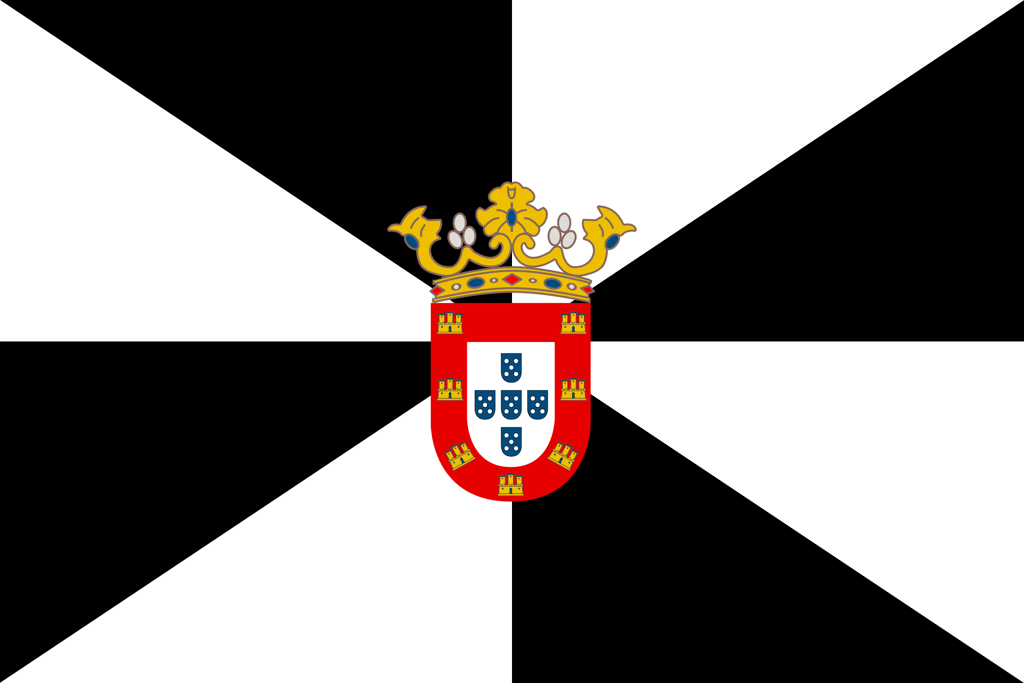Ceuta is an 18.5-square-kilometre (7.1 sq mi) Spanish autonomous city located on the north coast of Africa, sharing a western border with Morocco. Separated from the Iberian peninsula by the Strait of Gibraltar, Ceuta lies along the boundary between the Mediterranean Sea and the Atlantic Ocean. Ceuta, along with the Spanish exclave Melilla, is one of two permanently inhabited Spanish territories in mainland Africa. It became autonomous on 14 March 1995 when the city's Statute of Autonomy was passed.
Ceuta is one of a handful of Spanish possessions on the coastline of Morocco, and a real gem. Located on a peninsula jutting out into the Mediterranean, it offers a compact dose of fantastic architecture, interesting museums, excellent food, a relaxing maritime park and bracing nature walks, with A-plus traveller support at every turn. The city is particularly beautiful at night, a skyline of artfully lit buildings and bursting palms.
Ceuta served as one of the Roman Empire’s coastal bases (its Arabic name, Sebta, stems from the Latin Septem). After a brief stint under the control of the Byzantine Empire, the city was taken in AD 931 by the Arab rulers of Muslim Spain – the basis for Spain’s claim of historical rights to the land. For the next 500 years, however, this city at the tip of Africa was a prized possession, fought over and ruled successively by Spanish princes, Moroccan sultans and Portuguese kings. Things began to settle down when Portugal and Spain united under one crown in 1580, and Ceuta passed to Spain by default. When the two countries split in 1640, Ceuta remained Spanish, and has been ever since.
If entering from Morocco, Ceuta is also an eye-opener. Like the former West Berlin, it comes across as a grand social experiment concocted by rival political systems. Leaving the beggars and street hustlers behind, you cross over a grim border zone, a 400m no-man’s-land of haphazardly placed barricades (part of a €30 million fence erected by the EU to prevent illegal immigration), to find yourself blinking in the light of Spanish culture, a relaxed world of well-kept plazas, beautiful buildings and tapas bars bubbling over until the wee hours. This experience alone is worth the trip and lingers thereafter.
This cultural-island phenomenon is the essence of Ceuta. It explains the heavy Spanish military presence, the Moroccan immigrants, the duty-free shopping, the shady cross-border commerce and the tourism. It makes a perfect weekend getaway.
Ceuta is one of a handful of Spanish possessions on the coastline of Morocco, and a real gem. Located on a peninsula jutting out into the Mediterranean, it offers a compact dose of fantastic architecture, interesting museums, excellent food, a relaxing maritime park and bracing nature walks, with A-plus traveller support at every turn. The city is particularly beautiful at night, a skyline of artfully lit buildings and bursting palms.
Ceuta served as one of the Roman Empire’s coastal bases (its Arabic name, Sebta, stems from the Latin Septem). After a brief stint under the control of the Byzantine Empire, the city was taken in AD 931 by the Arab rulers of Muslim Spain – the basis for Spain’s claim of historical rights to the land. For the next 500 years, however, this city at the tip of Africa was a prized possession, fought over and ruled successively by Spanish princes, Moroccan sultans and Portuguese kings. Things began to settle down when Portugal and Spain united under one crown in 1580, and Ceuta passed to Spain by default. When the two countries split in 1640, Ceuta remained Spanish, and has been ever since.
If entering from Morocco, Ceuta is also an eye-opener. Like the former West Berlin, it comes across as a grand social experiment concocted by rival political systems. Leaving the beggars and street hustlers behind, you cross over a grim border zone, a 400m no-man’s-land of haphazardly placed barricades (part of a €30 million fence erected by the EU to prevent illegal immigration), to find yourself blinking in the light of Spanish culture, a relaxed world of well-kept plazas, beautiful buildings and tapas bars bubbling over until the wee hours. This experience alone is worth the trip and lingers thereafter.
This cultural-island phenomenon is the essence of Ceuta. It explains the heavy Spanish military presence, the Moroccan immigrants, the duty-free shopping, the shady cross-border commerce and the tourism. It makes a perfect weekend getaway.
